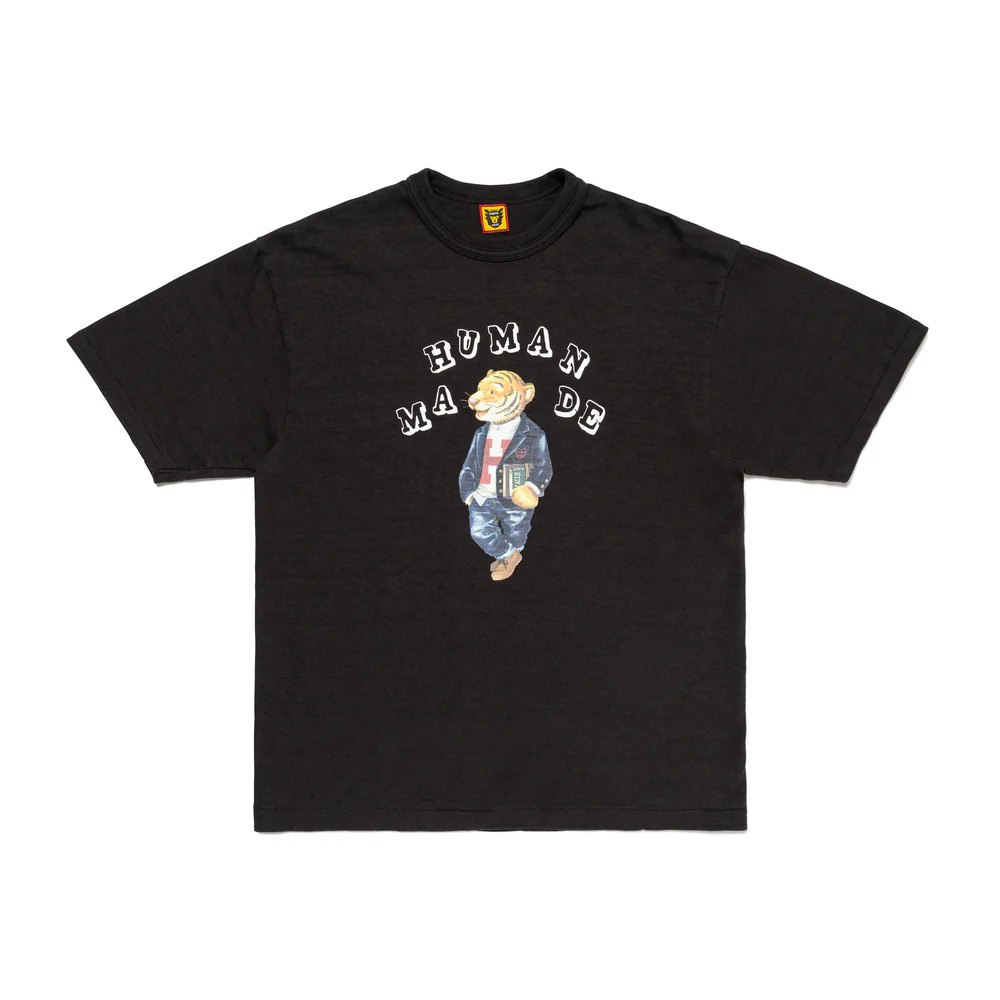Gift-giving has always been a valued tradition in Islamic culture. In India, where diverse traditions coexist, Islamic gifts hold both spiritual and cultural significance. They are not only tokens of appreciation but also carry blessings, prayers, and symbols of faith. Whether given during festivals, weddings, or religious milestones, these gifts strengthen bonds and reflect respect for values deeply rooted in Islamic teachings.
The Cultural Importance of Islamic Gifts
Connection to Faith and Spirituality
Islamic gifts often represent a connection to faith. Items such as prayer rugs, tasbeeh (prayer beads), or Qurans are commonly chosen because they help recipients in their daily worship. These gifts highlight the giver’s intention to share blessings and spiritual benefits.
Expression of Brotherhood and Community
In India, Islamic gifts also serve as a way to strengthen relationships within the community. Exchanging meaningful items during Eid, Ramadan, or family gatherings symbolizes care, respect, and unity. This practice encourages bonds across generations and reinforces the values of generosity and gratitude.
Respect for Tradition and Heritage
Islamic gifts reflect a respect for cultural heritage. Many traditional items such as Islamic calligraphy, handcrafted artifacts, or religious books carry both aesthetic and spiritual appeal. In India, artisans often incorporate local craftsmanship with Islamic designs, making these gifts unique while preserving heritage.
Common Occasions for Islamic Gifts in India
Eid Celebrations
Eid al-Fitr and Eid al-Adha are among the most celebrated occasions in India. On these days, families and friends exchange gifts to mark the end of fasting and to share happiness. Items such as sweets, clothing, and Islamic books are common choices.
Ramadan and Iftar Gatherings
During the holy month of Ramadan, giving gifts at iftar gatherings is a cherished practice. Dates, prayer accessories, and decorative lanterns are popular choices as they align with the spirit of fasting and devotion.
Weddings and Nikah Ceremonies
Islamic weddings in India are marked by symbolic exchanges. Gifts may include gold ornaments, traditional attire, or home décor with Islamic patterns. These items are given as blessings for prosperity and happiness in married life.
Birth and Aqiqah Celebrations
When a child is born, Islamic families often celebrate with an aqiqah. Gifts for such occasions include baby clothing, silver jewelry, or personalized Islamic keepsakes, reflecting both care and blessings for the newborn.
Religious Milestones
Moments such as a child’s first recitation of the Quran or completing hifz (memorization of the Quran) are celebrated with meaningful gifts. Islamic books, educational tools, or framed calligraphy are thoughtful choices for these events.
Popular Islamic Gift Ideas in India
Spiritual and Religious Items
- Prayer Rugs: Soft and beautifully designed, often carrying motifs of mosques or Islamic art.
- Quran Copies: Sometimes with translations in local Indian languages to make it more accessible.
- Tasbeeh Beads: Used for daily prayers, often made from wood, stone, or crystal.
Home and Decorative Items
- Islamic Calligraphy Art: Wall hangings and paintings featuring verses from the Quran or Islamic symbols.
- Lanterns and Lamps: Especially during Ramadan, decorative lanterns are both functional and symbolic.
- Handcrafted Pottery and Ceramics: With Islamic geometric patterns, widely appreciated as unique home décor.
Personalized and Modern Gifts
- Customized Islamic Name Frames: Designed with Arabic calligraphy, often gifted for weddings or new homes.
- Engraved Jewelry: Necklaces or bracelets with Quranic verses or Islamic motifs.
- Islamic Calendars and Planners: Featuring prayer times, Islamic dates, and inspirational quotes.
The Symbolism Behind Islamic Gifts
Sharing Barakah (Blessings)
Gifts like dates, honey, and religious items symbolize blessings. In Indian households, gifting such items is seen as sharing barakah with loved ones.
Reminder of Faith
Islamic gifts serve as daily reminders of faith and devotion. A prayer rug or Quran on display constantly connects the recipient to spiritual practices.
Promoting Simplicity and Generosity
The Islamic tradition emphasizes modesty. Gifts need not be extravagant; what matters is the sincerity behind the gesture. Even a simple set of prayer beads carries great meaning.
Modern Trends in Islamic Gifts in India
Blend of Tradition and Contemporary Design
Indian markets are witnessing a rise in gifts that merge traditional Islamic values with modern aesthetics. For example, contemporary wall art with Quranic verses appeals to both young and old.
Eco-Friendly and Sustainable Gifts
Environmentally conscious gifting is gaining popularity. Items like reusable bottles with Islamic prints or eco-friendly décor resonate with younger generations.
Digital and Educational Gifts
With the growth of technology, Islamic apps, digital Qurans, and online courses are becoming valuable gift options. In India, these gifts provide accessibility to knowledge and faith in a modern format.
Gift-Giving Etiquette in Islamic Culture
Intention Matters
The value of an Islamic gift lies in the intention. A sincere effort to bring joy and blessings is more meaningful than the material worth of the item.
Respect for Religious Values
When choosing Islamic gifts, it is important to ensure they align with Islamic teachings. Items should be respectful, avoiding depictions that contradict faith.
Presentation and Packaging
In Indian culture, the way a gift is presented matters. Wrapping gifts in elegant and modest packaging reflects thoughtfulness and adds to the experience.
Role of Indian Craftsmanship in Islamic Gifts
Regional Art Influence
Islamic gifts in India often showcase regional artistry. From Kashmiri embroidery on prayer mats to Rajasthani pottery with geometric designs, local crafts enrich Islamic gifts with cultural diversity.
Handcrafted Jewelry and Artifacts
Indian artisans create jewelry and decorative pieces that blend Islamic calligraphy with traditional Indian designs. These items are widely appreciated as unique and meaningful gifts.
Preservation of Heritage
By incorporating local craftsmanship, Islamic gifts in India preserve both religious values and traditional heritage. This balance makes them significant for both giver and receiver.
Conclusion
Islamic gifts in India carry deep meaning, combining faith, tradition, and cultural artistry. They are not just material offerings but symbols of blessings, respect, and unity. From traditional prayer items to modern personalized gifts, the choices are vast and diverse. By understanding their significance and symbolism, one can select gifts that truly reflect values of generosity, spirituality, and love.



